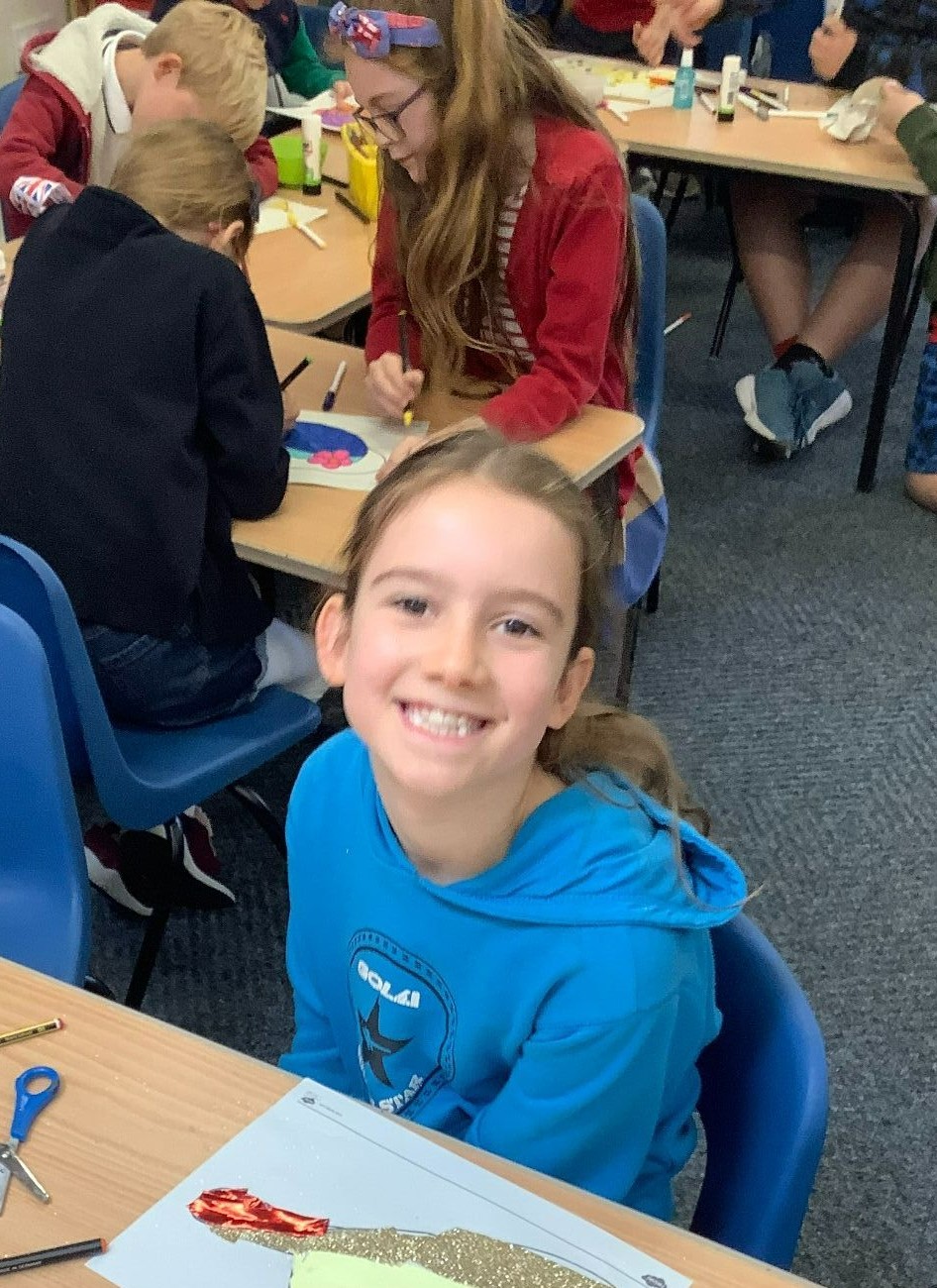Special Educational Needs and Disabilities
School Offer for Special Educational Needs and Disabilities.
SENCO: Mrs Karen Gale
If you have a query or question please contact the Special Educational Needs and Disabilities Coordinator (SENCO) please email via the office at office@robertarkenstall.co.uk or call 01353 740253.
Robert Arkenstall Primary School is committed to the provision of a rich and varied education which meets the needs of all pupils so enabling them to realise their full academic, personal and social potential. The school recognises that all children have both individual talents and learning needs. For some pupils they may permanently, temporarily or intermittently have special educational needs. A special educational need may refer to learning difficulties, emotional or behavioural problems or physical disability. Special needs are something children may have from time to time, not something they are. Pupils with Special Educational Needs participate fully in lessons ensuring equality of access to all subjects. Teachers and Teaching Assistants are suitably informed and trained to support the children. As a result of the adults working together closely, the children make progress, have a positive attitude towards work and are proud of their achievements.
Frequently asked questions.
What is the Robert Arkenstall approach to teaching children with Special Educational Needs or disability?
All children will receive excellent teaching in the classroom. This is known as ’Quality First Teaching.’
Quality First Teaching means that:
- Expectations for your child are high
- Understanding of what your child already knows, can do and can understand is good
- Flexible to teaching are employed
- Specific Strategies are matched to support your child’s learning need
- Assessment is rigorous so that any gaps in understanding or learning are addressed quickly.
Teaching Assistants are used to support children in lessons and also to run Intervention groups. These may be 1:1 or small groups depending on the targets which needs to be addressed.
How can I let the school know if I am concerned about my child’s progress in school?
• If you have concerns about your child’s progress you should speak to your child’s class teacher initially.
• After discussing your concerns, the class teacher may discuss your concerns with you and the SENDCo. Of course you are welcome to contact the SENDCo at any time.
How will the school let me know if my child is not making progress in school?
If your child is identified as not making progress, the school will set up a meeting to discuss this with you in more detail and to:
• Listen to any concerns you may have
• Plan any additional support your child may receive
• Discuss the provision of specialist support for teachers and support staff in the school so they can help children in the school achieve the best progress possible.
• Discuss with you any referrals to outside professionals to support your child’s learning.
How will the school measure the progress of my child?
The progress of all children is continually monitored by his/her class teacher against National Curriculum levels for reading, writing and numeracy. If your child has an Individual Education Plan this will be reviewed and a new one written three times a year. The progress of children with a statement of SEND/ EHC Plan is formally reviewed at an Annual Review with all adults involved with the child’s education. At the end of each key stage (i.e. at the end of year 2 and year 6) all children are required to be formally assessed using National Curriculum Tests. The Class teachers and SENDCo will also check that your child is making good progress with any individual work and in any group that they take part in.
Which external agencies provide support to the children in our school?
A child will be referred to an external agency if it is felt that all interventions have been used without success as usual or if the school feel specialist advice is required in any way. Parents will be consulted before any referral to an outside agency is made.
How are teachers in school helped to work with children with SEND and what
training do they receive?
• The Special Educational Needs Coordinator’s role is to support the class teacher in planning for children with Special needs and disabilities. All staff have had training in providing Dyslexia friendly classrooms and Autism.
• The Raising Attainment Plan identifies training needs at the beginning of each academic year for all staff to improve the teaching and learning of children including those with SEND. This includes whole school training on SEND issues such as dyslexia friendly classrooms.
• Individual teachers and support staff attend training courses in school or run by outside agencies that are relevant to the needs of children in their class.
What support do we have for you as a parent of a child with a Special Need or Disability?
• The class teacher is regularly available to discuss your child’s progress or any concerns you may have and to share information about what is working well at home and school so similar strategies can be used.
• The Special Needs Coordinator is available to meet with you to discuss your child’s progress or any concerns/worries you may have.
• All information from outside professionals will be discussed and shared with you.
• Individual Education Plans will be reviewed with your involvement each term.
• Homework will be adjusted as needed to your child’s individual needs.
• A home/school contact book may be used to support communication with you, when this has been agreed to be useful for you and your child.
How is our School accessible to children with Special Educational Needs and Disabilities?
Our School is on one level with a ramp to allow access to Key Stage One and Reception. We have a disabled toilet and we regularly monitor the buildings to ensure easy access.
Whom should I contact if I have a complaint?
Please approach your child’s teacher and/or the SENDCo. If the situation cannot be resolved at this stage then ask for an appointment with the Head teacher. The appropriate teachers will keep notes of these meetings and provide you with a copy of their record after the meeting. If you feel that you would like support in your meetings with the school it is advisable to contact the Parent Partnership Service who will advise you and attend meetings where necessary.










